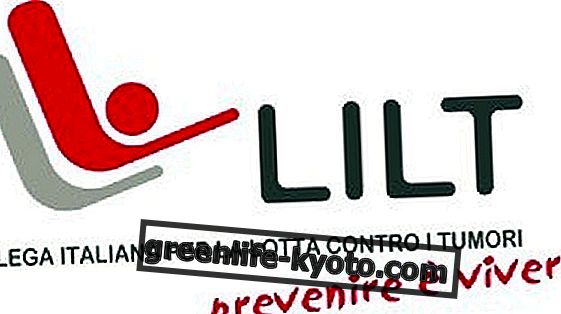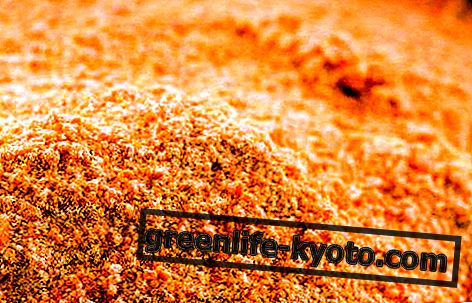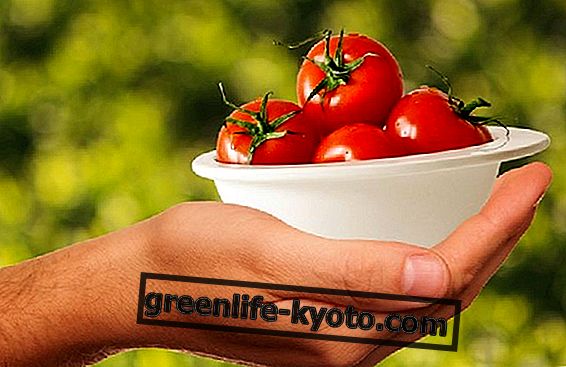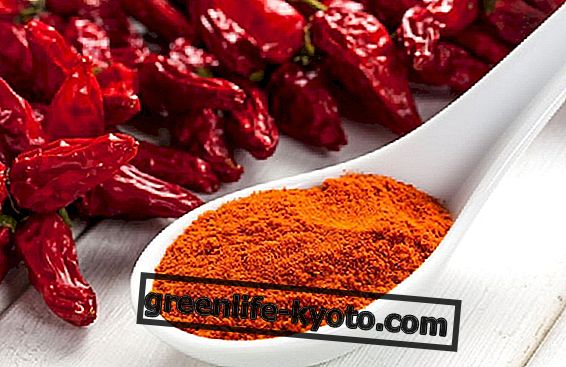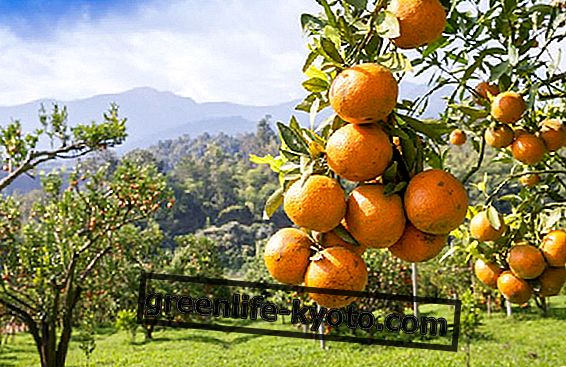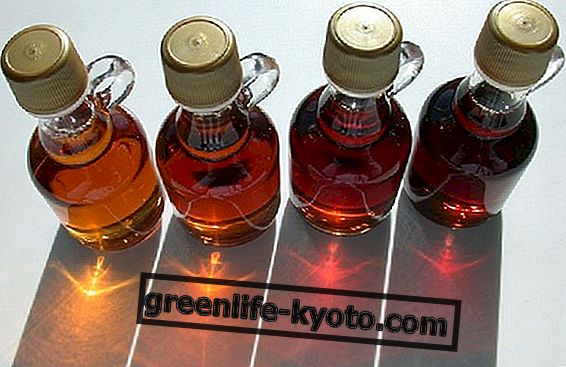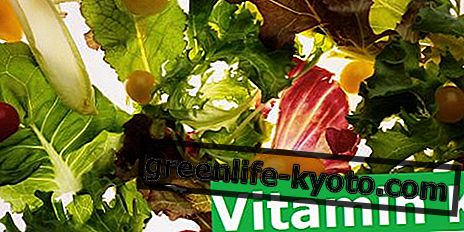
Folic acid is an essential nutrient : our body is unable to synthesize it, and for this we must necessarily take it with daily nutrition.
In adulthood the need for this substance is 320 micrograms per day; two particular periods of a woman's life are exceptions, pregnancy and lactation, when the need for folate increases respectively up to 520 and 450 micrograms per day.
In fact, those for child development are probably the best known benefits associated with adequate intake of this vitamin, but there are also other reasons not to miss it, including skin benefits .
Folic acid: what it is used for
Folic acid is a fundamental substance for the synthesis and repair of DNA ; many of the biochemical processes in which it is involved are also important for skin health.
This is demonstrated by the fact that an inadequate intake of folic acid and reduced levels of folic acid in the skin are associated with an increased risk of various dermatological diseases: psoriasis, vitiligo, dermatitis and even skin cancers .
As regards tumors in particular, the association with folic acid would depend on the fact that ultraviolet radiation promotes degradation, causing folate deficiencies in the skin.
For this reason , taking folic acid supplements has also been suggested to prevent these cancers ; however, there is still no definitive evidence of the effectiveness of this strategy.
Folic acid: where it is found
For the moment the best choice to protect the skin with folic acid is to ensure adequate intake with food, reserving supplements for the periods when the needs of this nutrient increase, especially in anticipation and during a pregnancy .
Although rare, in fact, possible side effects associated with the use of supplements, such as fever, a feeling of general malaise, respiratory problems and even some skin problems, such as redness, rash and itching are not to be excluded .
The best food sources of folic acid include asparagus, green leafy vegetables and dried beans .
Beware, though: the levels of this vitamin tend to decrease rapidly during vegetable conservation - another good reason to consume garden products when they are still fresh.
